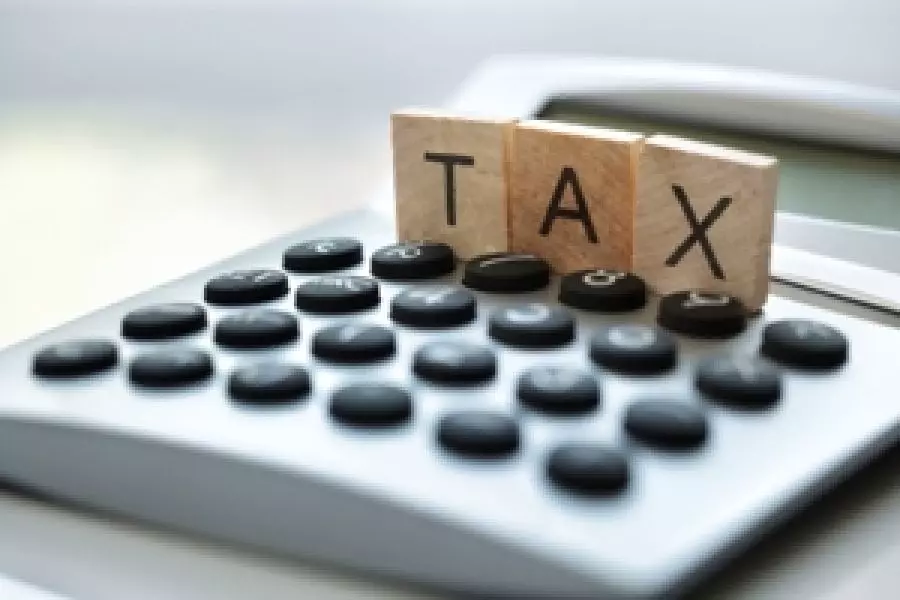News
To CGT or not to CGT?

Monday 11th of September 2017
Back in 2015 then Labour leader Andrew Little specifically ruled out the introduction of a capital gains tax following the 2017 election.
But times have changed and since Jacinda Ardern ascended to the role of Labour Party leader, talk that Labour will introduce a capital gains tax will not cease.
Ardern has consistently said that, if elected, Labour would establish a tax workin...
Want to read the full article?
Click the button below to subscribe and will have unlimited access to full article and all other articles on the site.






![[The Wrap] Bye Bye Bayly](https://goodreturns.publit.io/file/c_fill,w_900,h_600/39f23ac1-f7c7-4854-b700-a150004ebbac.webp)


